|
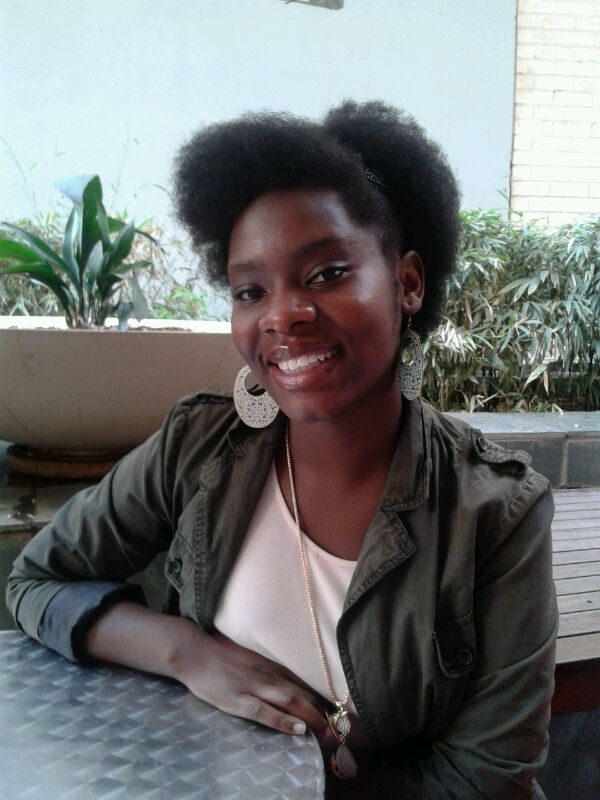
|
Ragi Bashonga is employed as a PhD Research Trainee in the Research Use and Impact Assessment (RIA) unit in the HSRC. She holds a Master’s degree in Industrial Sociology and Labour Studies from the University of Pretoria. Her Master’s Study entitled ‘Selling Narratives: An ethnography of the Spoken Word poetry movement in Pretoria and Johannesburg’ explored a number of issues an important of which is contemporary black youth identities. Ragi has research experience in a number of qualitative and quantitative research projects at the HSRC. She also has experience in the field of gender, having worked in the Gender Focal Point unit at the National Department of Social Development. Her interests are in the areas of identity, gender, inequality and socio-economic development. Her proposed PhD ‘Amakwerekere? The identity Construction and Integration of second generation African immigrants’ is a study of race, migration and belonging in the area of youth identities in South Africa. |
 |
Rufaro Moyo - Describing herself as a cheerful and dedicated Black Feminist emerging scholar, who is passionate about redressing inequalities and social justice, Rufaro is a PhD candidate in the Sociology Dept. at UCT. She attained her three prior degrees at UCT, where she discovered and gained a love of the field of Sociology. Her Masters project examined the role of race in egg donation in South Africa and the manner in which these reproductive technologies facilitate the resurgence of a biological conception of race. She has presented the findings of this work at the RINGS Conference, University of Tallinn, SASA Conference, University of Free State and the Sociology Seminar Series at UCT. In addition, she contributed a chapter titled, "The resurgence of eugenics through egg donation in South Africa: Race as a central and ‘obvious’ choice" in the book Birth Controlled: Selective Reproduction and Neoliberal Eugenics in South Africa and India (2022). Her current PhD project examines race and child adoption in South Africa. Her research concerns itself with the conceptualizations and uses of race amongst adoption service providers, aiming to mine deeper insights into the state of child adoption in South Africa, as well as more broadly, the manner in which dynamics of inequality from history continue to perpetuate themselves. |
 |
Vanessa Mpatlanyane is a doctoral student in the Sociology Department. Her research has focused primarily on students in higher education as well as mapping patterns of change and consistency in the South African black middle class. Her current research looks at family responsibilities in the black middle class and its ties to African personhood. |
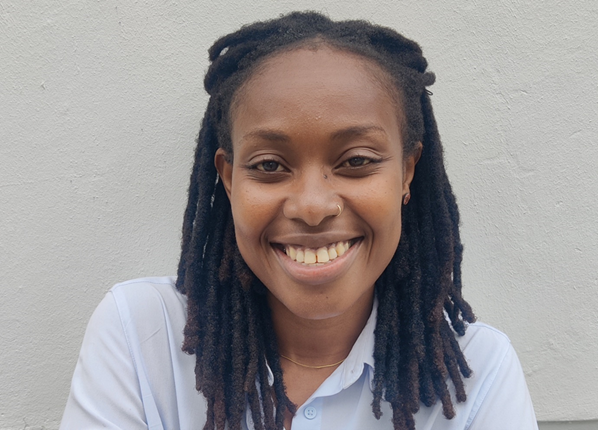 |
Winnie Arthur is a PhD candidate in Sociology at the University of Cape Town. Her thesis examines the norms and beliefs that shape public opinion on welfare provision in Botswana, with some comparison to South Africa and Zambia. Her research uses surveys and survey experiments to probe popular attitudes towards social policies across three urban sites - Mogoditshane, Botswana; Site C, Khayelitsha; and Kamanga, Zambia.
|
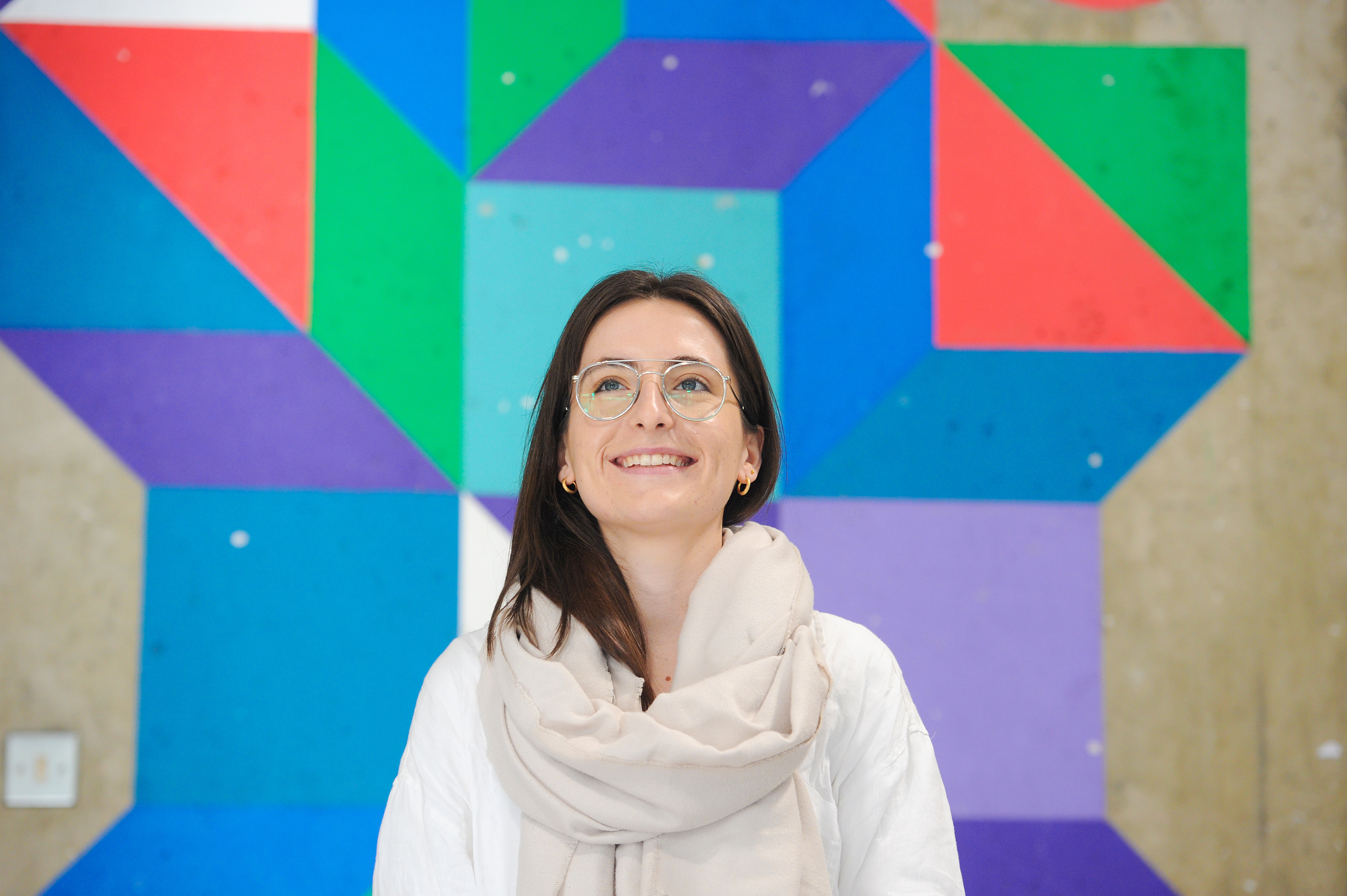 |
Vayda Megannon is a doctoral candidate at The University of Cape Town, the regional programme manager for The Family Caregiving Programme and a member of the Universal Basic Income Coalition. Vayda's areas of expertise are social protection, social grants, families and the digitisation of social grants in South Africa. Her PhD is on the Covid-19 Social Relief of Distress Grant (SRD grant, Covid grant), and focuses on the experience of people who receive grants in rural and urban areas around South Africa. Vayda is also the regional programme manager for The Family Caregiving of Older Persons in Southern Africa Programme working in Malawi, Botswana, South Africa and Namibia. Vayda has extensive experience in science communication and public engagement. She has also lectured at an undergraduate and postgraduate level. Quote this Women+ Voice of the Year Winner in Politics and Law 2022. |
|
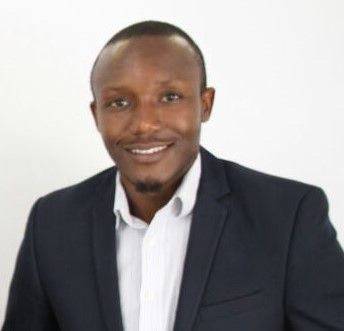
|
Tafadzwa Dzingwe's Title: Encountering Boundaries and Marginalization in the Commons of Slangetjiebos Nature Reserve: Migrants and Locals around Vrygrond/Capricorn. The study engages urban political ecology framework looking at the human nature relationships. These relationships are seen in the lances of marginalization and social exclusion in Vrygrond/Capricorn brought about by the spatial distribution and social injustices of the Apartheid legacy. This creates contestation within the nature reserve between the marginalised users and occupants of nature spaces such as migrants and locals and the City of Cape Town Parks and Recreation. |
|
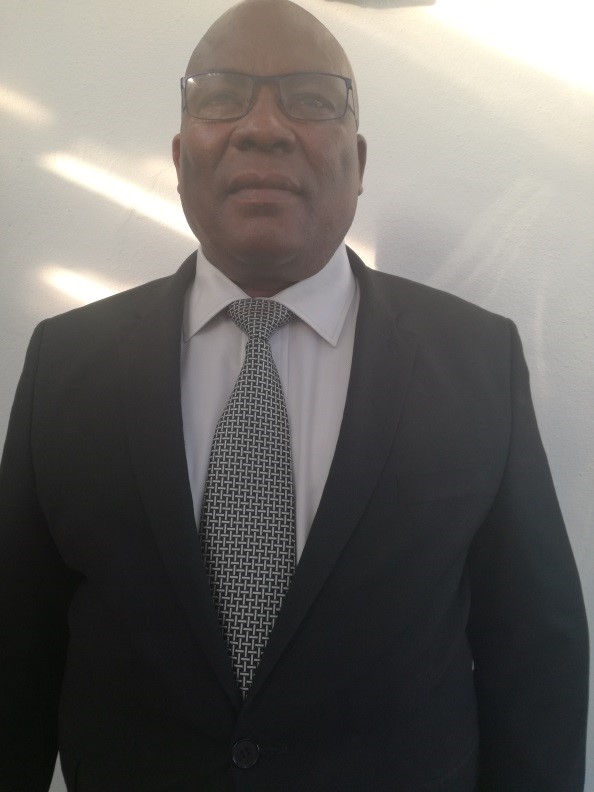
|
Forests, Property Rights and Livelihoods. A Case of Gwayi Protected Forest, Zimbabwe. Moment Malandu is a PhD candidate in Sociology at the University of Cape Town. His research interests are in forest governance and land reform. He holds a BSc Hons Degree in Development Studies and MA in Development Studies Degree from Lupane and Midlands State Universities respectively, both located in Zimbabwe. His current thesis is titled “Forests, Property Rights and Livelihoods. A Case of Gwayi Protected Forest, Zimbabwe.” The study focuses on the role played by property rights in the governance of protected forests and their effects on livelihoods of forest dependent communities. |
|
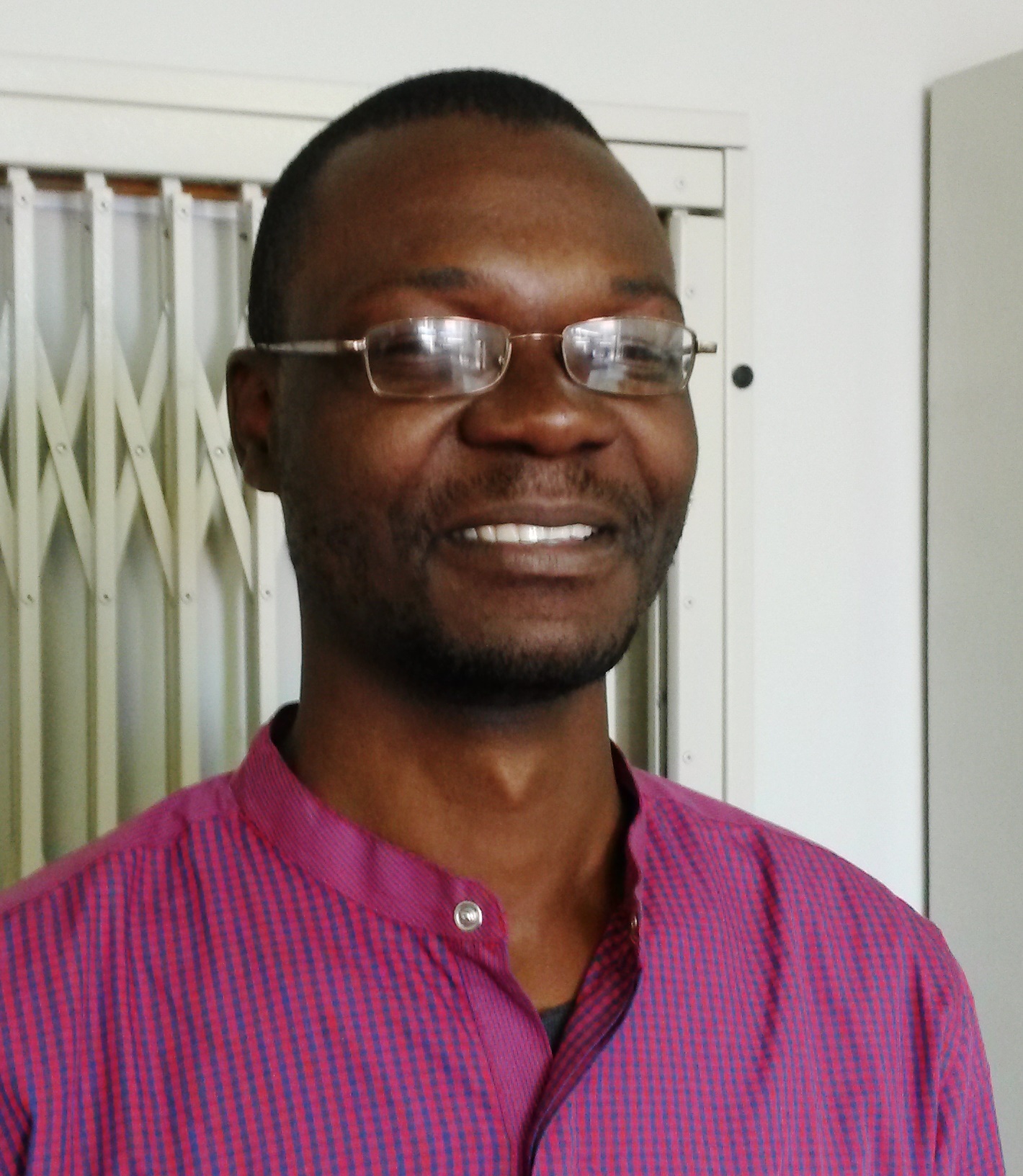
|
Labour Migration & Trade Union Revitalisation in South Africa: The Explanatory and Strategic Utility of Social Movement Unionism and Institutional Embeddedness Leo Mapira is an industrial sociologist and holds a BScSc in Labour, Organisational Psychology & Human Resources Management; BSocSc (Honours) in Workplace Change & Labour Law; and MSocSc in Industrial Sociology), all from the University of Cape Town (UCT). He is currently undertaking Doctoral studies in Industrial Sociology at UCT. The working title of his Doctoral thesis is - Labour Migration & Trade Union Revitalisation in South Africa: The Explanatory and Strategic Utility of Social Movement Unionism and Institutional Embeddedness. Mr Mapira is also training in Programme Planning, Monitoring & Evaluation. He an Academic Advisor at the Institute for the Education of International Students (IES Abroad Cape Town) where he also convenes and lecture the Polity, Community Development & Urban Life course. Mr. Mapira is also a Teaching Assistant/Guest-lecturer in the Department of Sociology and the Humanities Education Development Unit at the University of Cape Town. His expertise and research areas include: industrial relations and immigration (African Diaspora); community development & social protection policy; Programme planning, monitoring and evaluation. He has considerable years of research experience in the academia, development and corporate sectors. Among his more recent reports research are: Mapira, L (2013). ‘Trade Unions Are Their Own Obstacles’: Trade Union Policies and Practices in Response to Undocumented Migrant Labour in Post-Apartheid SA, Masters Dissertation, 2013. Chames C, Davies, N., Phillips, T & Mapira, L. A Study on the Coordination of Social Protection Policies: Support to the Government of Zambia’s Formulation of the Social Protection Policy. Research by Southern Hemisphere Commissioned and Published by the International Labour Organisation, 2013. With Philips, T & Wessels, W & Mapira, L. An Evaluation and Impact Assessment of the Refugee, Asylum Seekers and Undocumented Migrants Programme for the Foundation for Human Rights. Report by Southern Hemisphere Commissioned by the Foundation for Human Rights (South Africa), 2013. |
|
Finn Hartwell-Kinnear (MSocSci., BA Hons., BSocSci., NCIF) is a doctoral candidate in the Department of Sociology at the University of Cape Town and associate researcher at the Samson Institute of Ageing Research. He received his BSocSci, BA Honours, and MSocSci Cum Laude from the University of KwaZulu-Natal. Finn’s PhD research considers the nature of food, family and welfare systems; how they intersect to influence deprivation amongst older persons and their households. He engages with a wide range of theoretical and methodological approaches across fields of sociology, agri-food studies, social gerontology, political economy, and public health and policy. |
|
| Guy Patrice Dkamela Mbeche | REDD+, State and Society in the Democratic Republic of Congo: A Sociopolitical Analysis of Politics, Power and Discourse on 'Avoided Deforestation' |